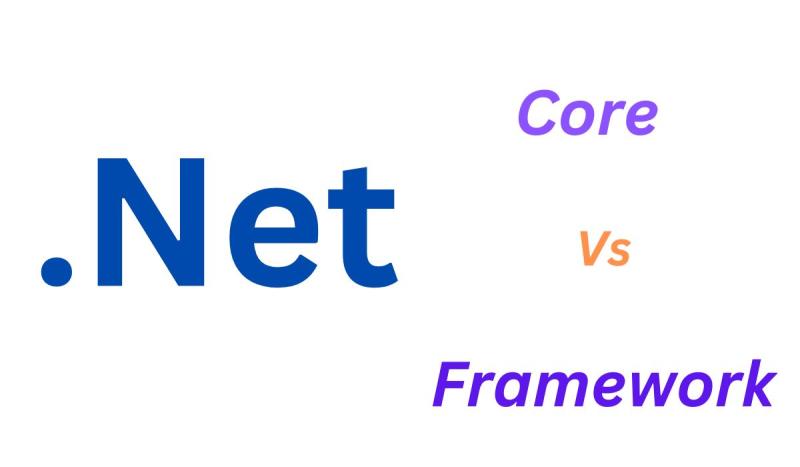Security Matters: A Deep Dive into Bitbucket and GitHub Security Features

In the ever-evolving landscape of software
development, ensuring the security of code repositories is paramount. As
developers and organizations embrace collaborative platforms for version
control, two giants stand out: Bitbucket and GitHub. In this article, we'll
embark on a comprehensive exploration of the security features offered by both
Bitbucket and GitHub. By conducting a meticulous analysis, we aim to provide
developers, IT administrators, and decision-makers with valuable insights to
make informed choices about code hosting platforms. So, let's delve into the
intricate realm of "Bitbucket vs GitHub," focusing on security.
Understanding
the Foundations: Bitbucket and GitHub
Before
dissecting the security aspects, let's establish a foundation by briefly
outlining the key characteristics of Bitbucket and GitHub.
Bitbucket:
A Versatile Contender
Bitbucket,
owned by Atlassian, boasts versatility with support for both Git and Mercurial
version control systems. It offers free private repositories for small teams,
making it an attractive choice for startups and individual developers.
Bitbucket's seamless integration with other Atlassian products, such as Jira
and Confluence, enhances its appeal as an all-encompassing collaboration
platform.
GitHub:
The Hub of Open-Source Innovation
On
the other side, GitHub has become synonymous with open-source collaboration.
Acquired by Microsoft, GitHub is renowned for hosting many public repositories
and fostering a vibrant community of developers. Its robust features, including
Actions for continuous integration and GitHub Pages for hosting documentation,
make it a go-to choice for many developers, from solo coders to large
enterprises.
Bitbucket
vs GitHub: Security at the Forefront
Now,
let's shift our focus to the core theme of this exploration: security features.
Both Bitbucket and GitHub recognize the critical nature of securing code
repositories, implementing various measures to safeguard valuable intellectual
property, prevent unauthorized access, and protect against potential cyber
threats.
Authentication
Protocols: Fortifying Access Controls
Authentication
is the first line of defense for any code repository. Bitbucket and GitHub
employ robust authentication mechanisms to verify the identity of users
accessing repositories. Bitbucket supports industry-standard protocols like
OAuth and supports two-factor authentication (2FA), adding an extra layer of
security. GitHub, likewise, implements 2FA and OAuth, ensuring that only
authorized personnel can access sensitive codebases.
Fine-Grained
Access Controls: Bitbucket's Edge?
Bitbucket
gains an edge in the "Bitbucket vs GitHub" security showdown by
providing fine-grained access controls at the repository level. This allows
administrators to precisely tailor permissions, ensuring team members can
access only the necessary code. While robust in its access controls, GitHub may
not offer the same granularity as Bitbucket, making the latter a preferred
choice for organizations with stringent access requirements.
Vulnerability
Scanning: A Shared Commitment
Both
platforms prioritize the detection and mitigation of vulnerabilities within
code repositories. GitHub's Dependable, for instance, automatically identifies
and suggests updates for outdated dependencies, reducing the risk of
incorporating insecure code. Meanwhile, Bitbucket integrates with various
scanning tools, allowing developers to identify and address project vulnerabilities seamlessly.
Encryption
Practices: Safeguarding Data in Transit and at Rest
The
secure transmission and storage of code are paramount concerns for any
development team. Bitbucket and GitHub implement encryption protocols to
protect data in transit and at rest. Secure Sockets Layer (SSL) and Transport
Layer Security (TLS) protocols encrypt communication between clients and
servers. Additionally, data at rest is often encrypted to prevent unauthorized
access in case of a breach.
Incident
Response and Monitoring: GitHub's Enterprise Focus
GitHub
takes security further with its Enterprise offering, which includes advanced
monitoring and incident response features. With GitHub Enterprise,
organizations can proactively monitor activities, detect anomalies, and respond
swiftly to security incidents. This enterprise-grade approach may make GitHub
the preferred choice for large organizations with complex security needs.
Conclusion
In
the ongoing saga of "Bitbucket vs GitHub," the choice ultimately
boils down to the unique requirements and preferences of the development team
or organization. Bitbucket's fine-grained access controls and seamless
integration with Atlassian products may appeal to those seeking a comprehensive
collaboration suite. Conversely, GitHub's open-source ethos, extensive
community support, and advanced enterprise features make it a formidable
competitor.
In
security, both Bitbucket and GitHub demonstrate a robust commitment to
safeguarding code repositories. Whether you lean towards the versatility of
Bitbucket or the innovation hub of GitHub, rest assured that both platforms are
formidable sentinels in protecting your most valuable asset—your code. As the
software development landscape continues to evolve, the security features of
Bitbucket and GitHub will undoubtedly adapt and strengthen, ensuring that
developers can build confidently in a secure digital environment.










Comments